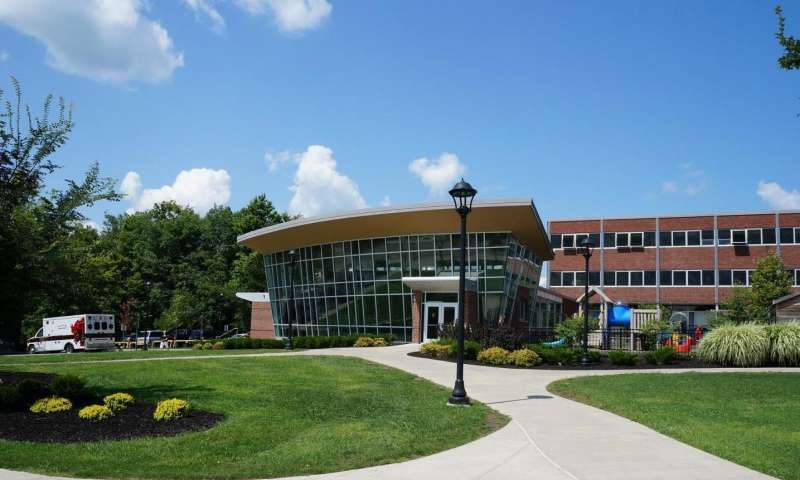Have inclusion and diversity in access to higher education changed in Europe?

A new article in the European Journal of Education analyzes the extent to which higher education graduates represent the social diversity of their societies in terms of gender, socio-economic background, ethnicity, and religion.
A comparison of three generations born in 1930–1949, 1950–1964, and 1965–1979 in Europe showed decreasing inequality in obtaining higher education between the first two generations, but a slowing or interruption of this decrease in the 1980s.
The article notes that multiple markers of social belonging that position an individual in society are interwoven to influence his or her educational future.
"The intergenerational comparison reveals a trend towards an increase in the number of social attributes that influence educational outcomes," said author Gaële Goastellec, Ph.D., of the University of Lausanne, in Switzerland. "This shows a trend towards the diversification of societies on the one hand, and the increasing complexity of social determinisms on the other."
More information: Ethnicity on top of social class? Inclusion and diversity in access to higher education degrees in Europe (1950–2010), European Journal of Education (2022). DOI: 10.1111/ejed.12505
Provided by Wiley




















